Lindsay Jolivette
1) How did you become interested in the EASC Graduate Fellowship?
As a USC EAAS alumnus, I have long been aware of all the incredible programming, funding, and events that the center offers. Now that I am a PhD student in another department, the EASC eNewsletter is something I am always on the lookout for in my inbox because it is the best place to find details about all the incredible opportunities available. When applying to the Fellowship, I kept my eye on the deadline updates in the eNewsletter so I was sure I was on track to apply for a summer that would work for me and my research schedule.
2) What is your research focus?
My research focuses on horrific themes in South Korean and Japanese contemporary ecomedia. I particularly focus on the ways genre traditions of disaster, horror, and sci-fi in visual media have been a site of interrogating the relationship between humans and nonhumans in a popular culture context. I use an interdisciplinary approach that combines environmental history, visual studies, and ecological theory to highlight how the history of rapid industrial development has altered perceptions of the relationship between humans and the nonhuman environment in East Asia.
3) In what ways did the EASC Graduate Fellowship impact or help your research?
Receiving the EASC Graduate Fellowship allowed me to travel to Seoul, South Korea to attend the 20th annual Seoul International Eco Film Festival (SIEFF), the largest international eco-focused film festival housed in Asia. Because of the Covid-19 pandemic, my ability to do in-person fieldwork was severely limited during the primary research years of my PhD. EASC’s support helped me take this late-stage fieldwork trip to attend the film festival in person for a full week during which time I was able to watch the latest eco fiction and documentary films from South Korea and Japan, as well as attend special masterclasses and interviews with scholars and directors participating in the festival. I am including references to several of the films in my final dissertation and because of making this trip I am far more aware of the current activities taking place in the eco community in South Korea.
4) Can you share any anecdotes about your fellowship experience?
The theater where the film festival was hosted was right across the street from Seoul Forest Park which is a massive park and eco-education facility that is always open to the public. This gorgeous park became my constant hangout spot in between film screenings. The screenings began in the morning, and I was often in the theater on and off all day. Having an eco-friendly green space to walk around in during breaks between films saved my sanity after so many hours in dark rooms staring at a screen. I was also blessed with cool and fairly dry weather for a lot of my trip, which as anyone who has been in South Korea during the summer knows is the only reason I was able to be walking around outside and still saying I was having a relaxing time!
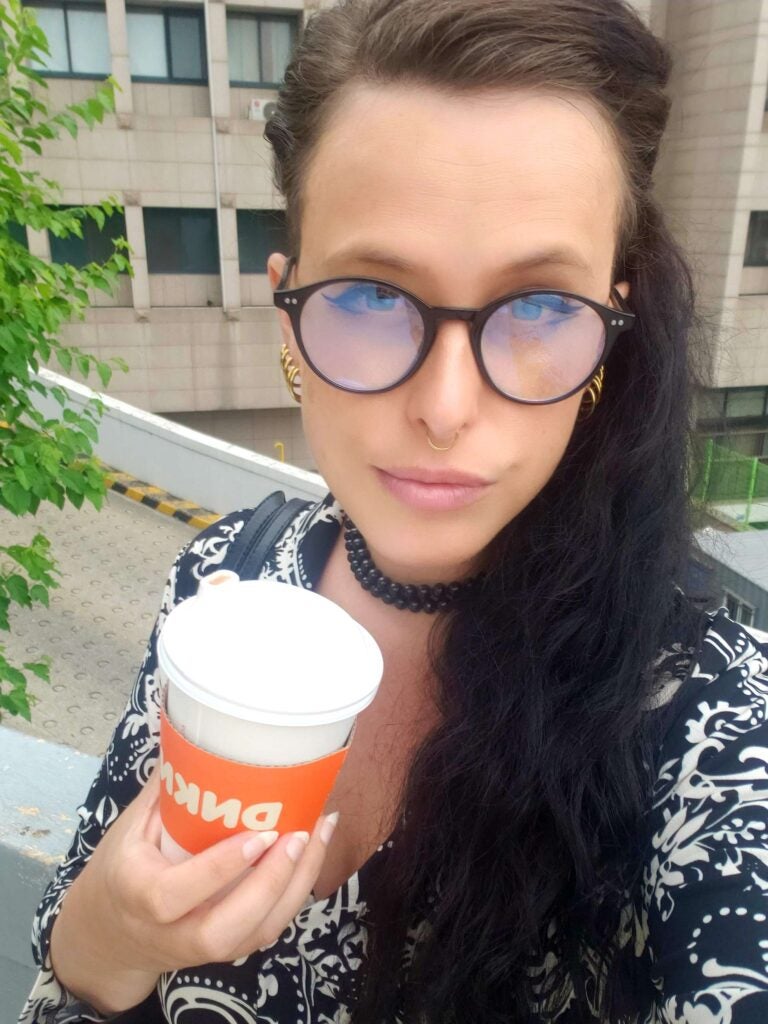 |
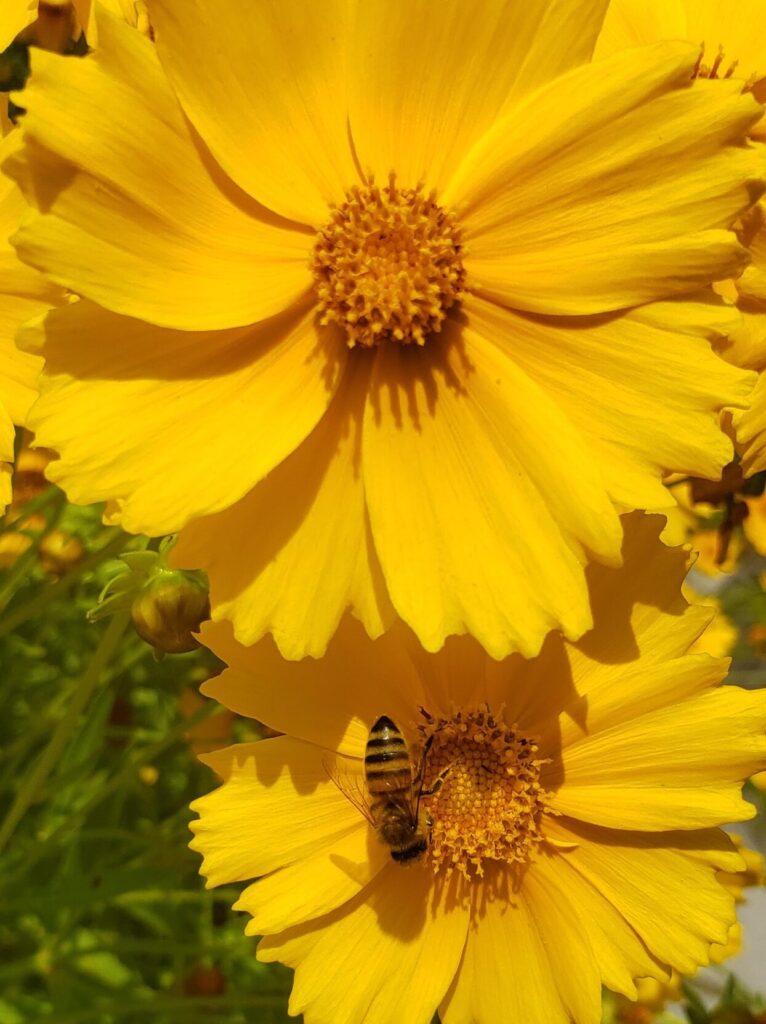 |
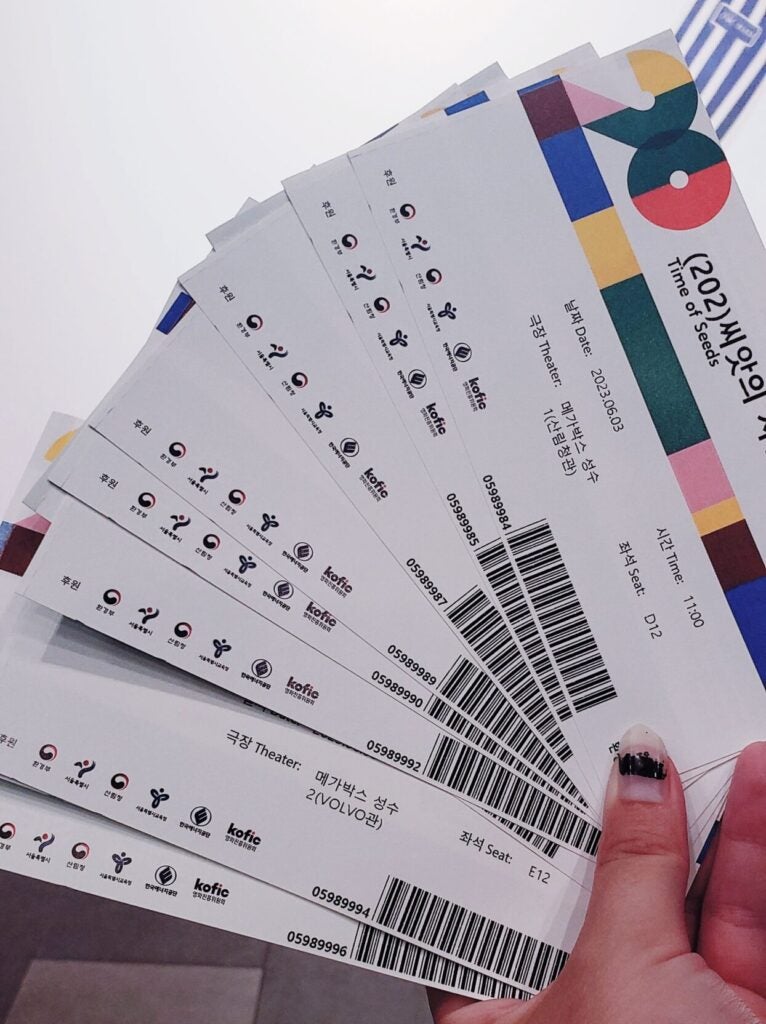 |
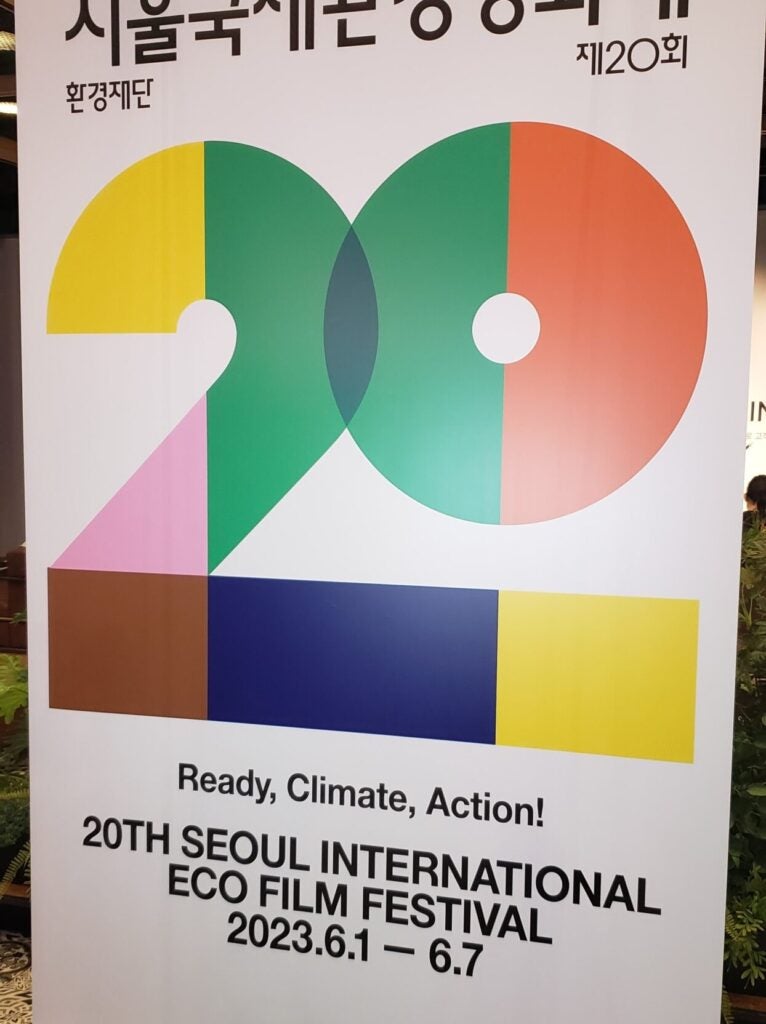 |
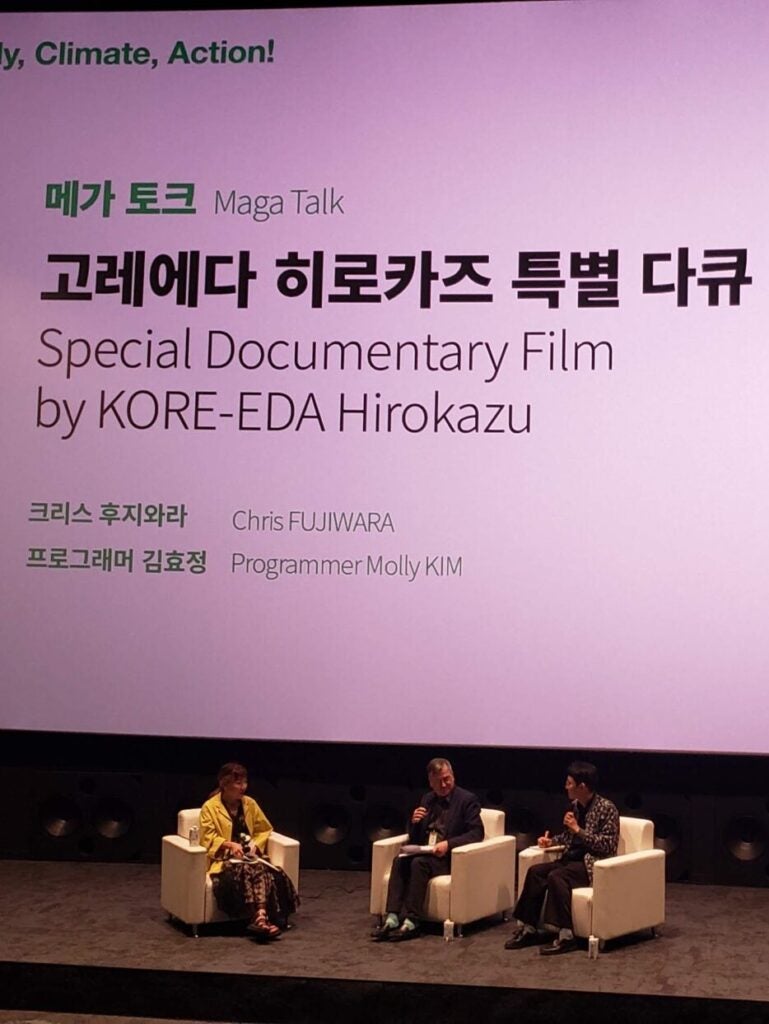 |